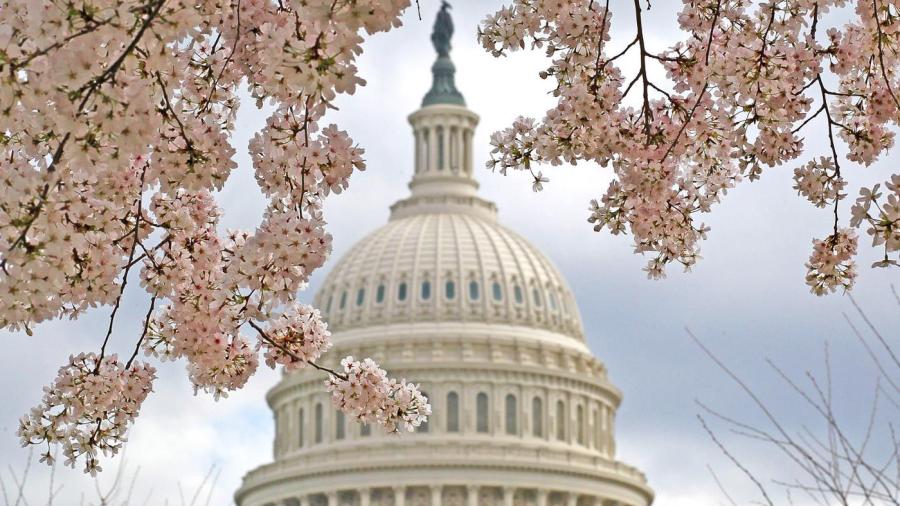What Is the Importance of the Separation of Powers?

Separation of powers is a fundamental principle of the United States Federal Government in which each distinct branch, the legislative, executive and judicial, can check and balance the other to prevent the concentration of power. This system of government safeguards against one branch exercising the essential functions of another.
The separation of powers is a respected and long-held basis of American government that was the original premise behind the Constitution. The goal of the original framers was to create a government that would not become tyrannical. Instead, it was purposely designed to promote liberty and democratically represent the will of the people. Even when the separation of the powers creates a situation that isn’t in alignment with the public will or slows governmental processes, the system of checks and balances remains.
The separation of powers applies in all cases other than the presidential pardon. Congress is not able to block a legitimate pardon or impose oversight of pardons. Bad press may be created against the president, but the Constitution guarantees the president’s power to pardon.
The 18th century French philosopher Charles-Louis de Secondat coined the term separation of powers in his publication, Spirit of the Laws, a treatise that was inspirational to the framers of the United States Constitution.





